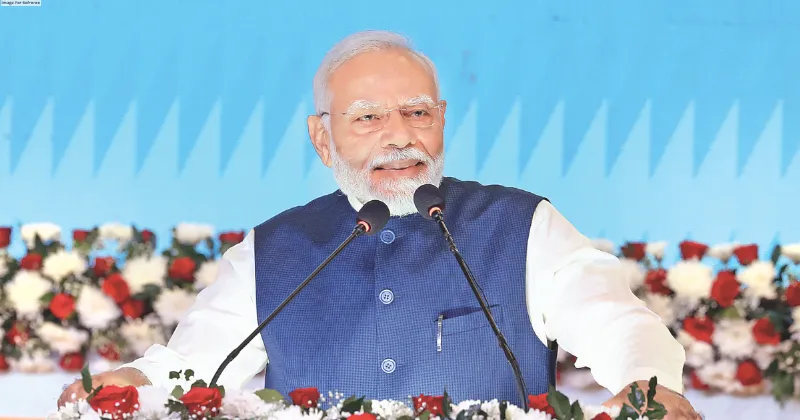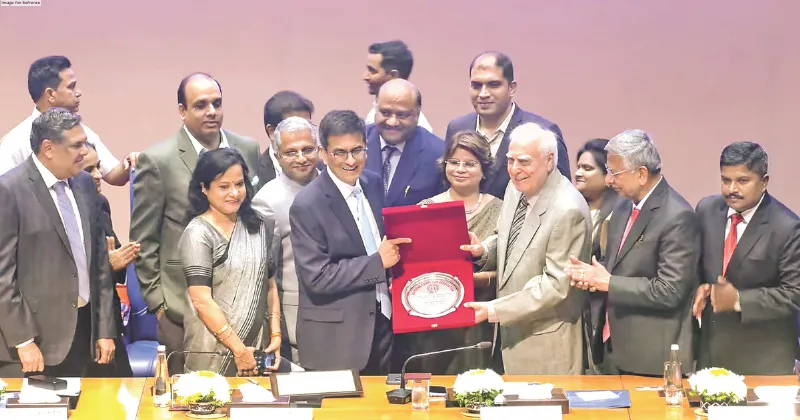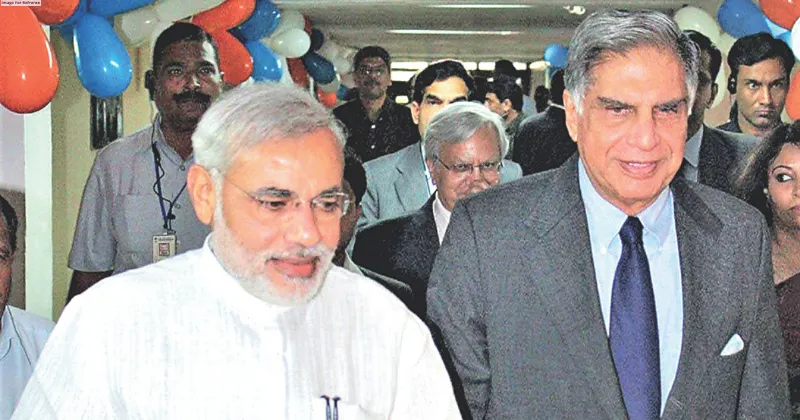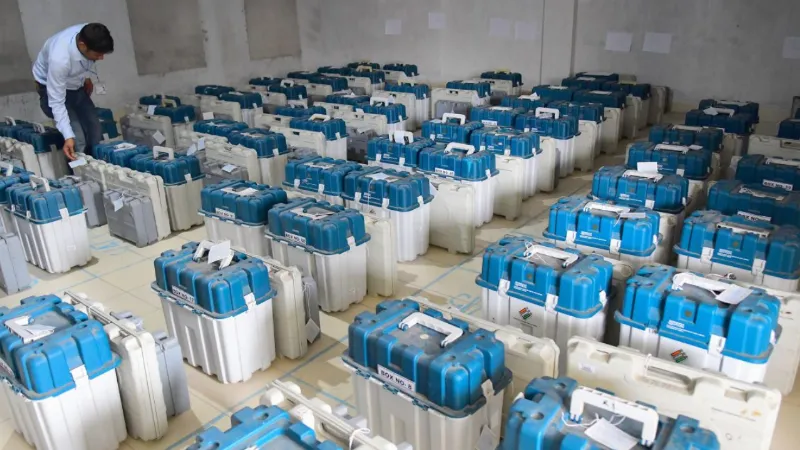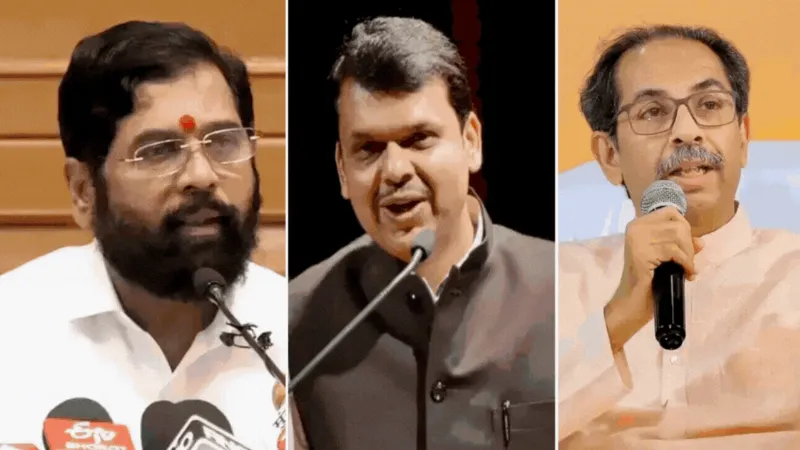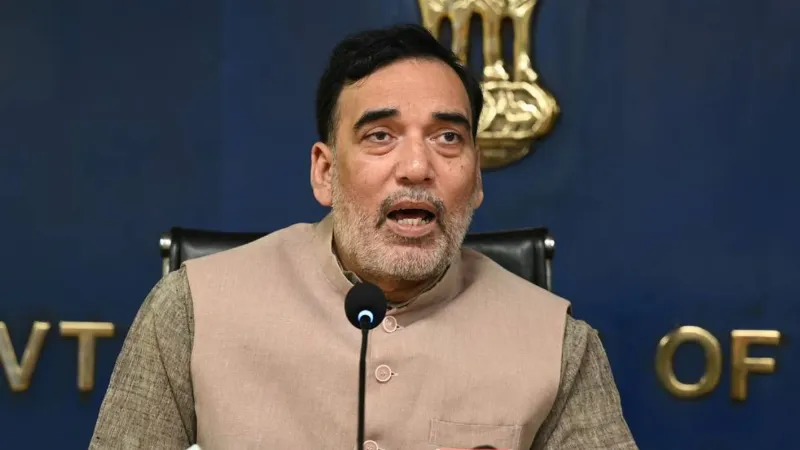PROJECT LAKSHADWEEP AND THE CHALLENGES

On January 3, Indian Prime Minister Narendra Modi Inaugurated a series of projects worth Rs 1,150 crore to facilitate the life in Lakshadweep. The aim being to promote India as a leading destination of ‘Beach Tourism’. Obviously, it was meant to increase the share of tourism industry in Indian economy but somehow, a few in Maldives viewed it as a threat to their own economy, which is largely based on beach tourism.
In this article, I would steer clear of the controversies raised by Maldivians and focus only upon the comparisons and the challenges India will need to address, in achieving the larger goals as envisaged by our Prime Minister.
Both the archipelagos, Maldives and Lakshadweep are known for their unparalleled beauty. All the beach tourism facilities which are an attraction in Maldives including snorkelling, deep sea diving, surfing, and island hopping can also be developed with passage of time at Lakshadweep.
The inherent advantages of both are due to their Geographical locations in Arabian Sea (Lakshadweep) and Indian ocean (Maldives). While the temperature variations and tourist seasons are by and large similar, Maldives holds an edge with approximately 250 inhabited islands as compared to just ten in our Lakshadweep. While Maldives have over 1000 islands spread over 90K sq kms, our Lakshadweep is a group of just 36 islands covering an area of 4.2K sq kms.
In my opinion, it is not only the comparison of resources and the geographical figures, we have to realise that Maldives has taken 51 years of journey and a sizeable foreign investment to reach where it stands today. Can India, despite all the comparisons not in favour rise to be a choice tourist attraction in about 3 – 4 years? Well, if the resolve is certain, if the funds flow in and if the private players pitch in to support the national dream, it may well turn into reality earlier than envisaged.
However lofty and fascinating the idea be of having a beach holiday destination, there are some grave challenges and areas of concern that need to be addressed. With my understanding, as Lakshadweep prepares to open its doors for tourism, can it support such a tourist boom? Here is a look at the eight challenges it faces to become a coveted island destination.
Firstly, is the connectivity by air or sea. As on this day there is only one flight a day from Cochin to the island. We have to remember that all Indian carriers put together are operating 60 flights from 58 cities each day to Maldives. Massive efforts are needed to upgrade the existing infrastructure and build new ones to develop a global network. Similarly, only six ferries operate to various islands in the first half of the day. The efforts need to be augmented many folds.
Secondly, the entry permit into Lakshadweep needs immediate attention to match Visa on arrival system of Maldives. Only then can we expect foreign travellers flocking to this new destination as an alternative.
Thirdly, infrastructure and fresh water availability remain a priority area if tourists in large numbers are to be housed. Presently, the drinking water supply for even locals is scarce. Though, the government is initiating steps to build resort facilities” in Kavaratti, Agatti and Bangaram on a priority basis, it is far too short of expected tourist influx.
Fourthly, vulnerability to natural disaster is a major concern in the archipelago. It falls into the category of P2 on the list, meaning that the area is highly prone to natural disasters of cyclone, wind and changing & a dynamic shoreline.
Fifth major concern is of current policy of ‘No Alcohol’ in the Union territory since our independence. Not only this policy would repel foreign tourists but will also restrict the numbers of Indian guests. As the group of islands has approximately 96 per cent population as Muslims, change of policy may draw local resistance.
Scarce natural resources, health care, education and limited employment opportunities amongst locals are the 3 other bottle necks to be overcome before we may claim Lakshadweep as an alternative to other beach destinations in the world.
In conclusion, I would say that though Lakshadweep has a great potential to be developed as a limited tourist destination, where ecology finds a harmonious balance with the economy, we should not forget the recommendations of justice Ravindran Committee report that asks for a critical balance between the tourism on the islands and the fragile ecosystem of the union territory.
THE VIEWS EXPRESSED BY THE AUTHOR ARE PERSONAL
Col Anupam Jaitly (R) The writer is defence expert, motivational speaker and corporate trainer

